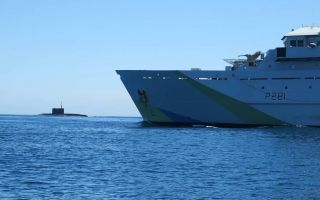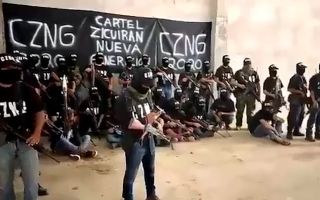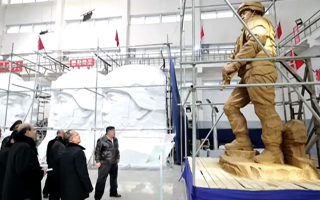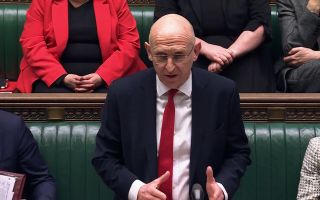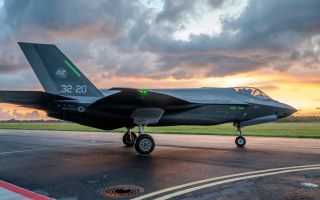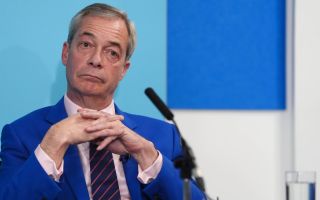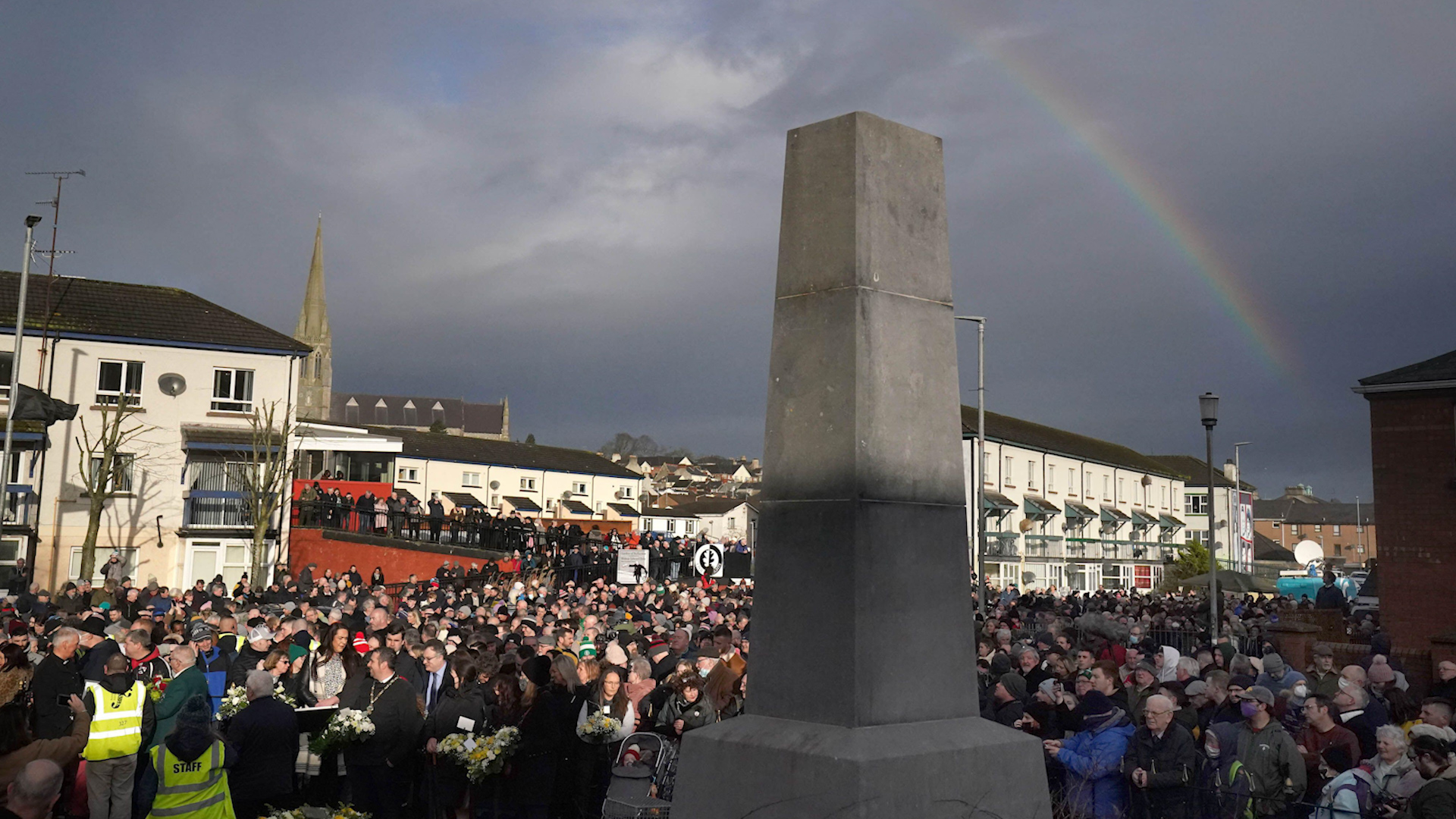
Bloody Sunday: 50th anniversary marked by events in Northern Ireland

Events are underway in Londonderry, also known as Derry, to mark 50 years on from Bloody Sunday.
British paratroopers shot 13 civil rights protesters dead and injured at least 15 others on 30 January 1972, during the Troubles in Northern Ireland.
Another man shot died four months later, though his passing was formally attributed to an inoperable brain tumour.
- Op Banner: Key moments of the Army's longest continuous deployment
- What led to the Troubles in Northern Ireland?
- What was it like to serve in Northern Ireland during the Troubles?
Relatives of those killed and injured have taking part in a remembrance walk, ahead of a memorial service and wreath laying service at the Bloody Sunday Monument on Rossville Street.
Events include a recorded message to the families read by President of Ireland Michael D Higgins, during a Beyond the Silence event at the Millennium Forum Theatre.
The forum will fall silent on Sunday at the precise time when 1st Battalion, the Parachute Regiment (1 PARA) opened fire in the Bogside half a century ago.
The IRA retaliated to the incident, bombing the regiment's Aldershot HQ, killing seven people.
Watch: What is the Good Friday Agreement?
Under Operation Banner, British troops were deployed to assist the police in Northern Ireland, in what was initially intended as a "limited operation" to restore law and order between unionist and nationalists in the country.
More than 300,000 British troops served in Northern Ireland during Op Banner, with more than 20,000 deployed at its peak.
A total of 1,441 soldiers died during the operation, 722 as a result of paramilitary attacks.
The Troubles were effectively brought to an end on 10 April 1998, after years of bloodshed, as the Good Friday agreement was signed.
Op Banner came to an end on 31 July 2007, and Operation Helvetic has preserved an Army presence remains in Northern Ireland.
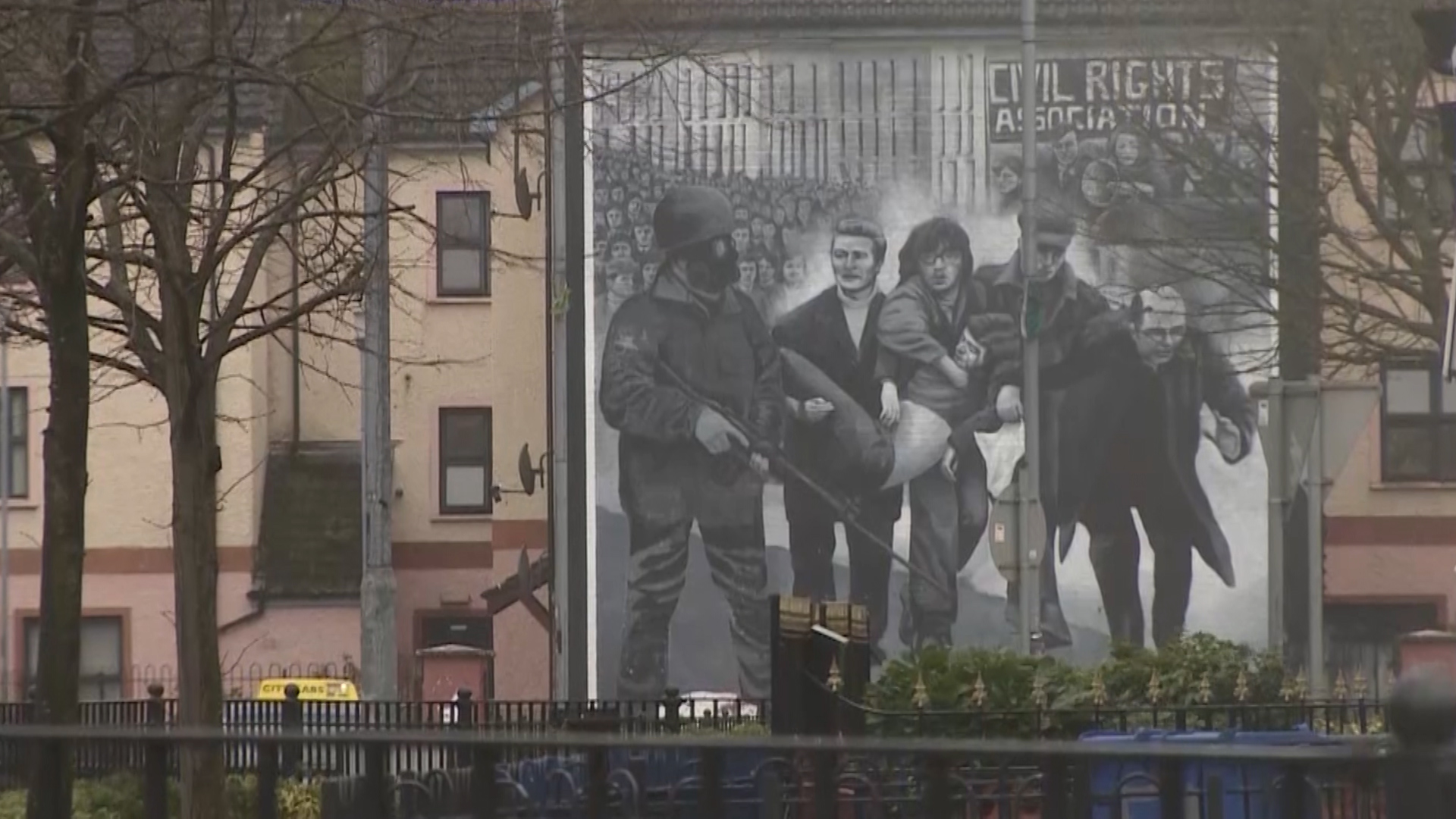
Tanaiste Leo Varadkar said: "Today we remember the 14 innocent people who were killed in Derry 50 years ago on Bloody Sunday.
"The events of that day cast a long shadow over the city and the country that many are still dealing with today.
"We salute the courage and perseverance of the victims and their families who have campaigned tirelessly for justice and who continue to do so today.
"Their tenacity serves as an example to other Troubles-related victims to never give up the fight for justice.
"We pledge to honour the memory of those who died on Bloody Sunday by standing with all victims of the Troubles and continuing to work for permanent peace on our shared island."

